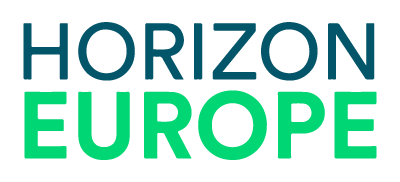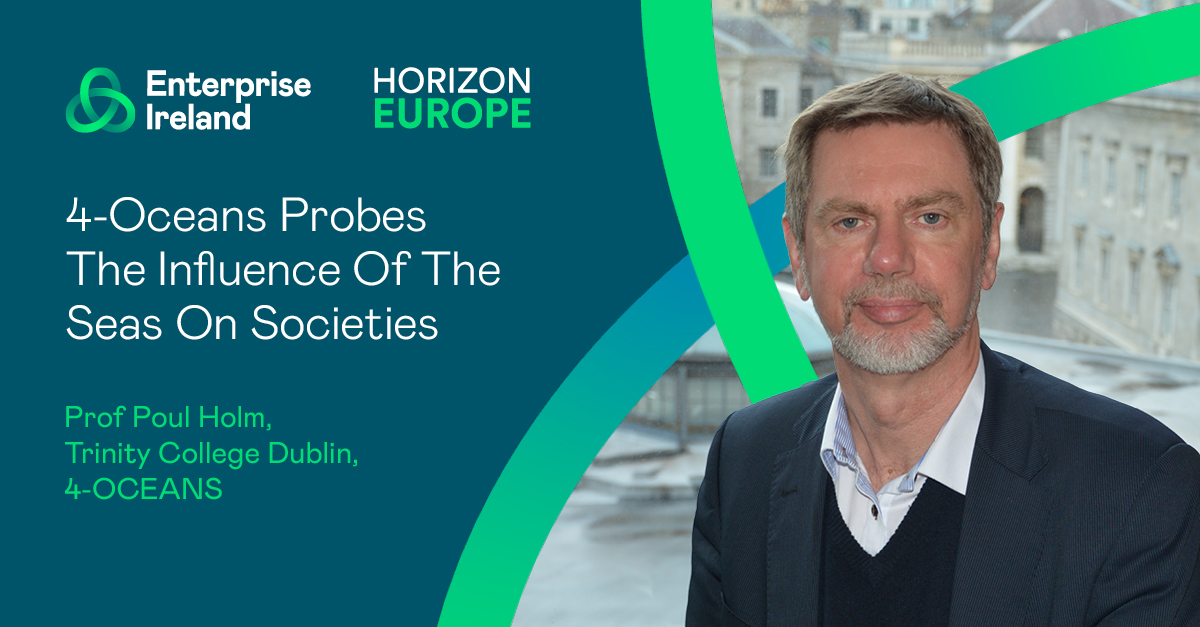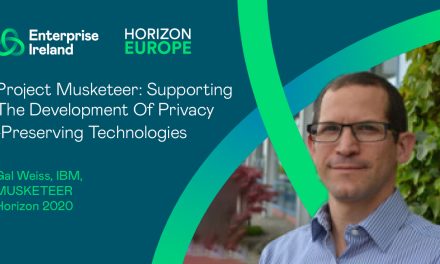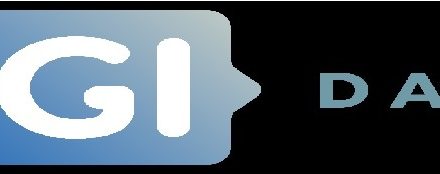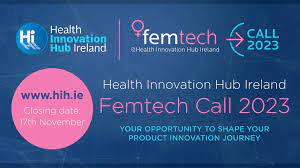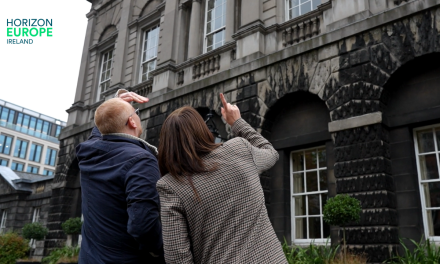“The beauty of ERC grants is that they allow you to dream big, to ask the challenging questions that you may have thought were impossible to answer.” Poul Holm, Professor of Environmental History, Trinity College Dublin, and coordinator of 4-OCEANS
Three fundamental questions are at the heart of a European project that could revolutionise our understanding of the role played by the oceans in shaping societies over two millennia.
When and where was marine exploitation of significance to human societies? What were the social and environmental forces involved? What were the consequences for societies and for marine life?
The ERC-funded 4-OCEANS project brings together experts in marine environmental history, climate history, natural history, geography, historical ecology, zooarchaeology and data management, to answer these questions.
Leading the project are four Principal Investigators: Poul Holm, Professor of Environmental History and Francis Ludlow, Associate Professor of Medieval Environmental History, both from Trinity College Dublin, James H. Barrett, Professor of Archaeology at NTNU Trondheim, and Cristina Brito, Assistant Professor, Faculty of Social and Human Sciences at NOVA University Lisbon.
“This is a hugely important and exciting project. Has sea life played a major role in building human societies? If our exploitation of the seas dates back millennia, what are the ecological implications of that? We already know that in the last 150 years human exploitation has diminished the top level of marine life (for example whales, tuna) by 90%. We have a hunch that when we go back in time we will find that the human footprint in the ocean has been underestimated. This has implications for how we interpret history and for how we manage the oceans in the future,” says Professor Holm, who is coordinating the 4-OCEANS project.
A key deliverable of the project will be a World Atlas of Historical Marine Exploitation, which the researchers believe will influence virtually every humanities and science-based discipline touched by the sea.
Collaboration across disciplines and countries
As the project gets fully underway the Principal Investigators will be supported by about 30 people, a global network keen to be involved in the landmark research.
“To answer these big questions, you need to bring together people from different competences -that’s the DNA of this type of research. For example, we already have a database of 200,000 records just relating to whaling. So we need to work with data scientists to manage the data. Collaboration is at the heart of this project,” says Holm.
4-OCEANS grew out of previous research and a growing interest in the subject area that resulted in the four Principal Investigators getting together to design the global project.
“The time is right. We have trained a new generation of researchers who understand both the ecology and history of the subject. Merging these two disciplines has been an essential part of this project.”
Why an ERC Synergy Grant?
The ERC Synergy Grant scheme is a component of Horizon Europe. Being investigator-driven, or ‘bottom-up’, in nature, the ERC approach allows researchers to identify new opportunities and directions in any field of research, rather than being led by priorities set by politicians.
“The beauty of the ERC grants is that they allow you to dream big, to ask the challenging questions that you may have thought would be impossible to research. It’s funding to do what you really want to do.”
The application process for the ERC grant involves three stages: the first is a review of a short, ‘big idea’ statement. If successful, an additional 15-page detailed proposal is peer reviewed. The last stage is an interview round.
“There’s minimal bureaucracy involved but it took us almost a year to write the application. It’s a difficult process, not because you have to produce a lot of pages but rather that you have to condense the idea down into relatively few pages. You really have to focus your mind.
“Fewer than 10% of applications get funded, but you learn so much from the process that even if you don’t get accepted the first time, it’s not wasted time. Even before we got the grant, our work to write the proposal became the basis of a major paper that the four of us wrote together,” explains Holm.
Enterprise Ireland provided funding support for a research assistant to support the team as they developed the proposal.
“The support from Enterprise Ireland was critical, as was the support from the university research office. They have so much knowledge about these grants and the processes involved. They provided us with peer review and set up mock interviews to help us prepare for the actual ERC interviews,” says Holm.
“The 4-OCEANS project is the fulfillment of a life’s dream for me, it’s extremely gratifying. Being involved in a cross-discipline project like this is like a gear change, going from doing what you can do in your own discipline and research time to thinking much bigger and beyond your own area.”
For further information about applying for an ERC Synergy Grant, please contact HorizonSupport@enterprise-ireland.com or consult www.horizoneurope.ie.
